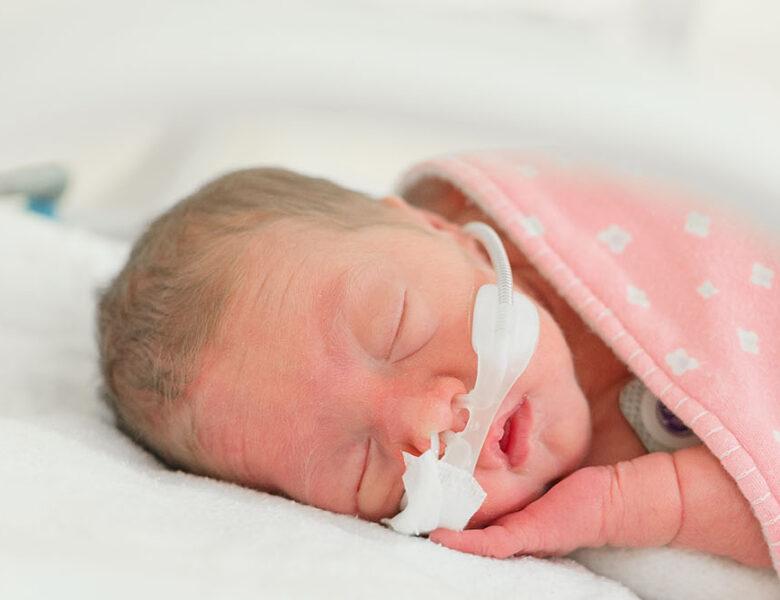Safe and effective dosing of antibiotics in neonates – a Goldilocks story
Neonatal sepsis is an infection occurring in newborn babies with potentially devastating consequences.
The Flemings understand these consequences better than most, losing one of their twin daughters, Isla, to neonatal sepsis shortly after cardiac surgery in 2018. Infants born too early or too small, like little Isla, have a higher risk of developing neonatal sepsis. Ensuring treatments for neonatal sepsis are effective and safe means that babies have the best chance to both survive, and thrive.
Women’s & Children’s Hospital Foundation funded research project, neoGent, led by Associate Professor Luke Grzeskowiak, explored the current neonatal dosing guidelines for gentamicin, an antibiotic commonly used to treat neonatal sepsis. The best dosage of this potentially lifesaving antibiotic is a fine balancing act. Too little and it may not effectively treat the infection. Too much and it can become unsafe, with the potential to cause kidney damage and hearing problems. It remains unclear which dosage is ‘just right’.
Across Australia, at least five different dosing guidelines are used. This means that babies born in one hospital may get a different dose of gentamicin to a similar baby born in another hospital, and this inconsistency is not ideal. Associate Professor Grzeskowiak and his team compared these guidelines to see which performs best in achieving effective and safe concentrations of gentamicin in babies’ blood. No single guideline was perfect, with some working well for babies born very prematurely, and others being better suited to those born later. By reducing the variations that occur from differences in when a baby is born or their age, the effectiveness and safety of gentamicin treatment could be greatly improved. By taking the best parts of existing guidelines, the research team has been able to suggest changes to the guidelines used in South Australia.
This research was presented at the Perinatal Society of Australia and New Zealand meeting in Melbourne earlier this year, with results now being prepared for publication in an international peer-reviewed journal to communicate findings to others in the field. The research team hopes that one day this work might be the catalyst that leads to consistent national guidelines, so that babies across Australia with neonatal sepsis can have the best and safest possible treatment, no matter where they live.
Back to all news


